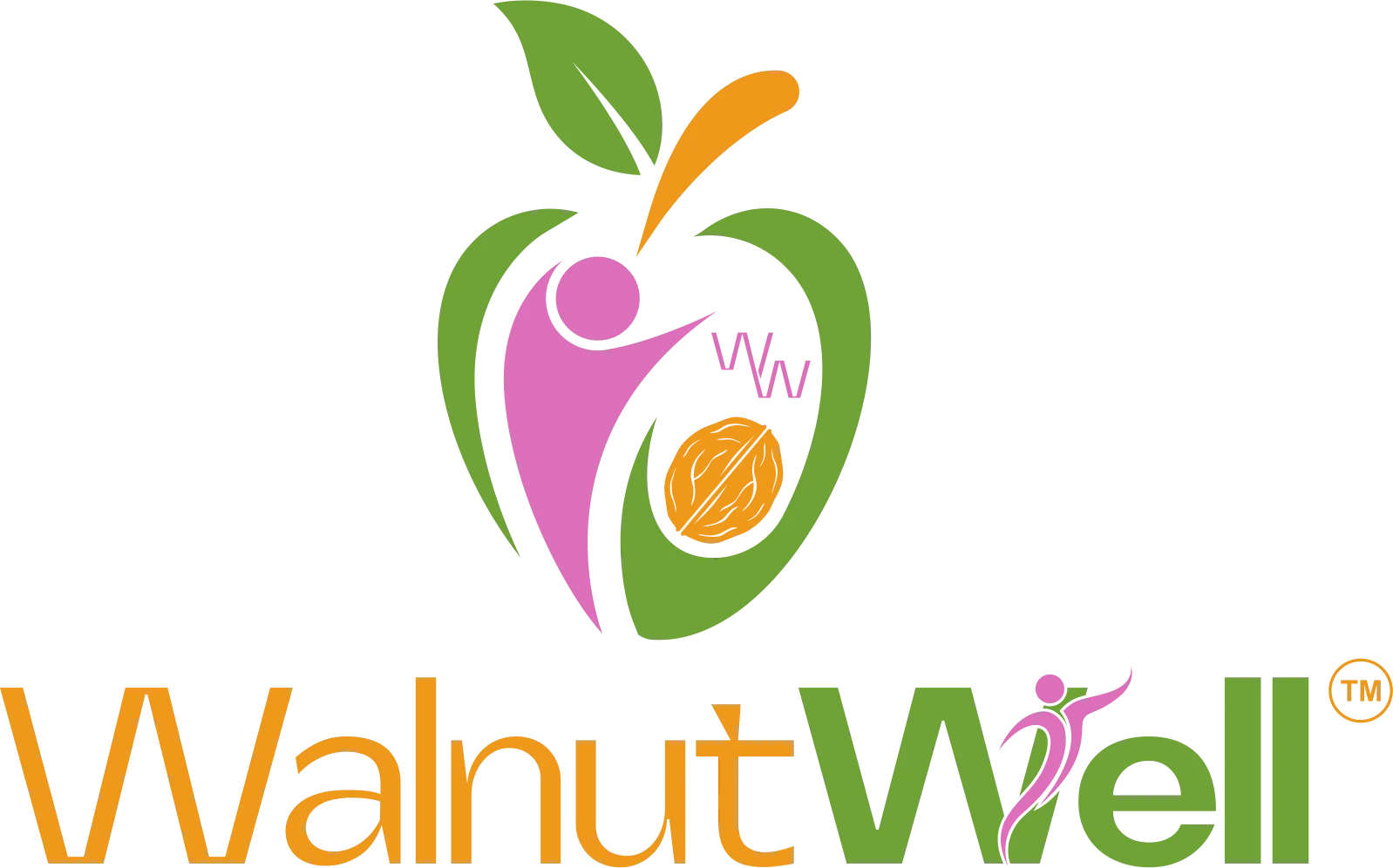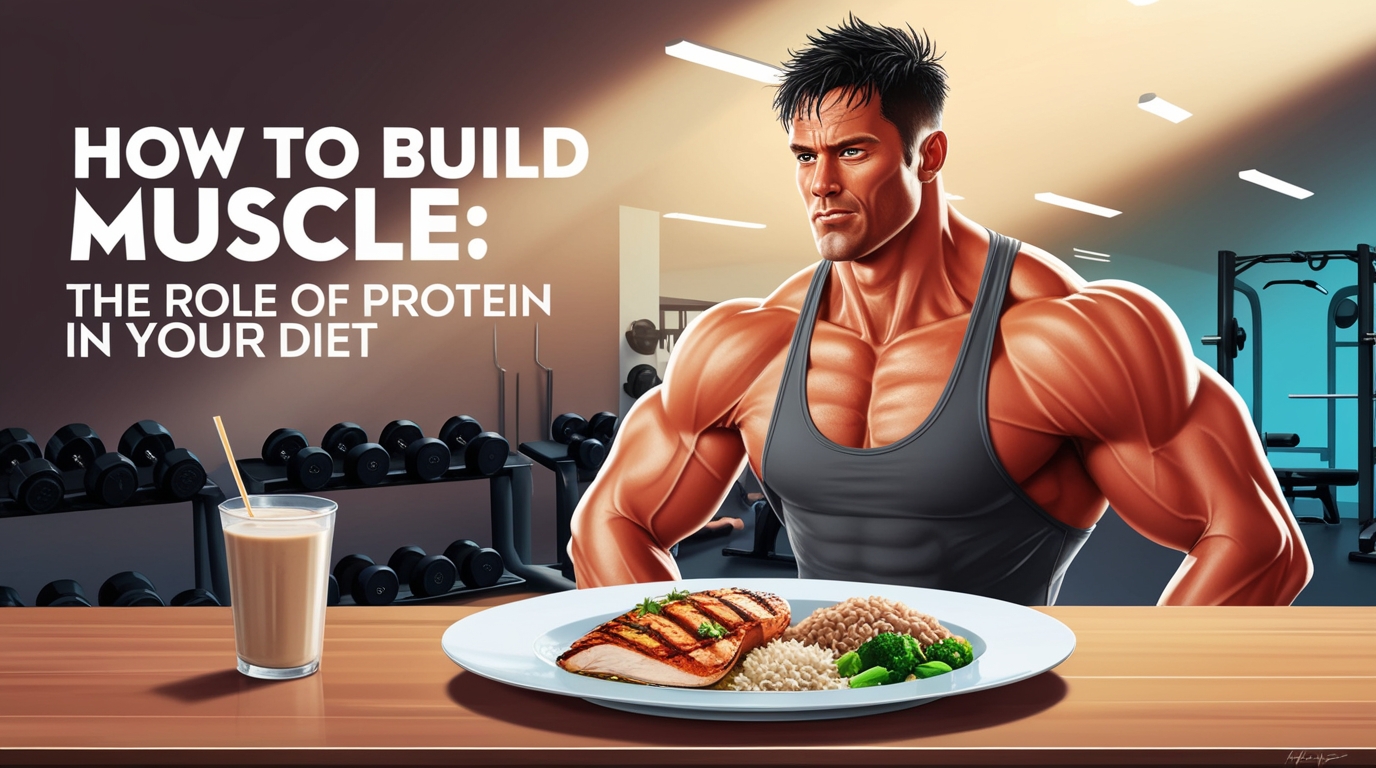Building muscle is a goal for many, whether for sports, looks, or health. While exercise is vital, nutrition—especially protein—is key to muscle growth. Protein helps repair and build muscles after workouts or exercises. In this blog, we’ll explore how protein supports muscle development, highlight the best protein sources, and offer simple tips to include more protein in your diet. Understanding these aspects can help you reach your fitness goals effectively and enjoyably. Let’s dive in!
learn more about the muscle building protein rich diet click here.
Understanding Muscle Growth
Muscle growth, also known as hypertrophy, occurs when the body repairs tiny tears in muscle fibres caused by resistance training. When you lift weights or engage in other forms of strength training, you create these micro-tears. Your body then repairs these fibres, making them stronger and larger. The key player in this recovery process is protein.
When you eat protein, your body breaks it down into amino acids, which are the building blocks of muscle. There are 20 different amino acids, 9 of which are essential for muscles growth. This means your body cannot produce them and they must come from your diet. One most important amino acid, leucine, is especially important for muscle growth. It activates a pathway in the body that promotes muscle synthesis.
How Much Protein Do You Need?
For the average adult, the recommended dietary allowance (RDA) for protein is about 0.8 grams per kilogram of body weight. However, if you’re aiming to build muscle, you’ll need more. Research suggests that consuming between 1.6 to 2.2 grams of protein per kilogram of body weight is ideal for muscle growth.
For example, if you weigh 70 kg (154 lbs), you should aim for approximately 112 to 154 grams of protein per day. Factors like your age, activity level, and specific fitness goals can influence these numbers.
Best Sources of Protein
To meet your protein needs, it’s important to include a variety of protein sources in your diet:
Animal-Based Proteins
- Lean Meats: Chicken, turkey, and lean cuts of beef are excellent sources of protein.
- Fish: Salmon, tuna, and other types of fish not only provide protein but also healthy omega-3 fatty acids.
- Dairy: Greek yoghurt, cottage cheese, and milk are rich in protein and can help with muscle recovery.
Plant-Based Proteins
- Legumes: Beans, lentils, and chickpeas are great sources of protein and fibre.
- Nuts and Seeds: Almonds, walnuts, chia seeds, and hemp seeds are the proteins with healthy fats.
- Whole Grains: Quinoa, brown rice, and oats provide both protein and essential carbohydrates for energy.
Protein Supplements
For those who struggle to meet their protein needs through food alone, protein powders can be a convenient option. Whey protein is popular because it’s easily absorbed, while plant-based options like pea or rice protein are great for vegans and those with lactose intolerance.
Timing Your Protein Intake
While it’s important to focus on your total daily protein intake, the timing of your protein consumption can also make a difference. Consuming protein at strategic times—especially around your workouts—can enhance muscle growth.
- Pre-Workout: Eating a protein-rich snack or meal 30 minutes to 2 hours before exercising can provide your body with the necessary fuel for your workout.
- Post-Workout: Consuming protein after your workout (ideally within 30 minutes) helps kick start recovery and muscle repair. Pairing protein with carbohydrates can be particularly effective.
Practical Tips to Increase Protein Intake
Here are some simple strategies which will help you boost your protein consumption in your daily meal:
- Plan Your Meals: Make sure every meal and snack contains a source of protein. This could be as simple as adding Greek yoghurt to your breakfast or including beans in your salad for lunch.
- Smart Snacking: Choose high-protein snacks like hard-boiled eggs, protein bars, or a handful of nuts instead of sugary or processed snacks.
- Get Creative with Recipes: Try new recipes that include protein-rich ingredients. For example, lentil soups, stir-fries with chicken, or smoothies made with protein powder are delicious and nutritious options.
- Cook in Batches: Preparing protein-rich meals in advance can save you time and ensure you have healthy options readily available.
- Stay Hydrated: While hydration isn’t directly related to protein, drinking enough water supports overall performance and recovery.
Common Misconceptions
- More Protein Equals More Muscle: While getting enough protein is crucial, consuming excessively high amounts doesn’t necessarily lead to more muscle growth. It’s all about finding the right balance with carbohydrates and fats.
- All Protein Sources Are Equal: Not all protein sources provide the same benefits. Animal proteins usually contain all essential amino acids and are more easily absorbed than many plant proteins. However, combining different plant sources can help create a complete amino acid profile.
- Protein is Only for Bodybuilders: Protein is important for everyone, not just those looking to bulk up. It supports overall health, immune function, and muscle maintenance as we age.
Conclusion
Protein is essential for building muscle. By knowing how much protein you need, picking good sources, and timing your intake, you can boost muscle growth and recovery. Whether you’re an athlete or just want to get fitter, prioritizing protein in your diet is a smart choice. Keep in mind that building muscle needs time, patience, and consistency. With the right nutrition and training plan, you’ll be on the right path to reaching your fitness goals .Stay dedicated to your nutrition and workout plan. Progress may be gradual, but with the right approach, you’ll be on your way to reaching your fitness goals and seeing the results you want over time! Keep pushing yourself forward and celebrate your small wins.





